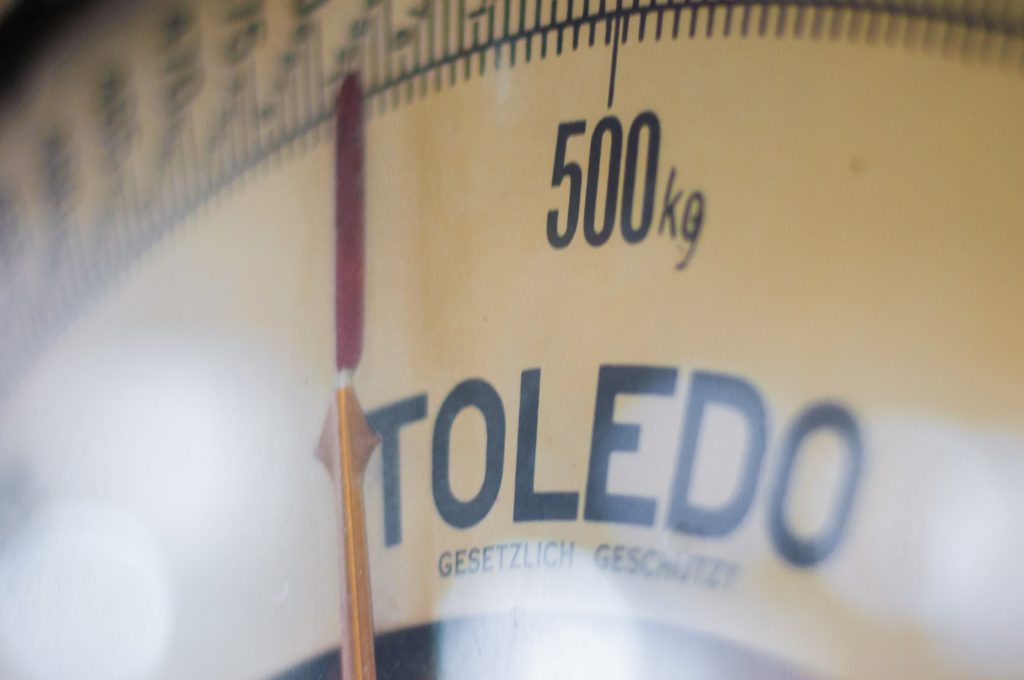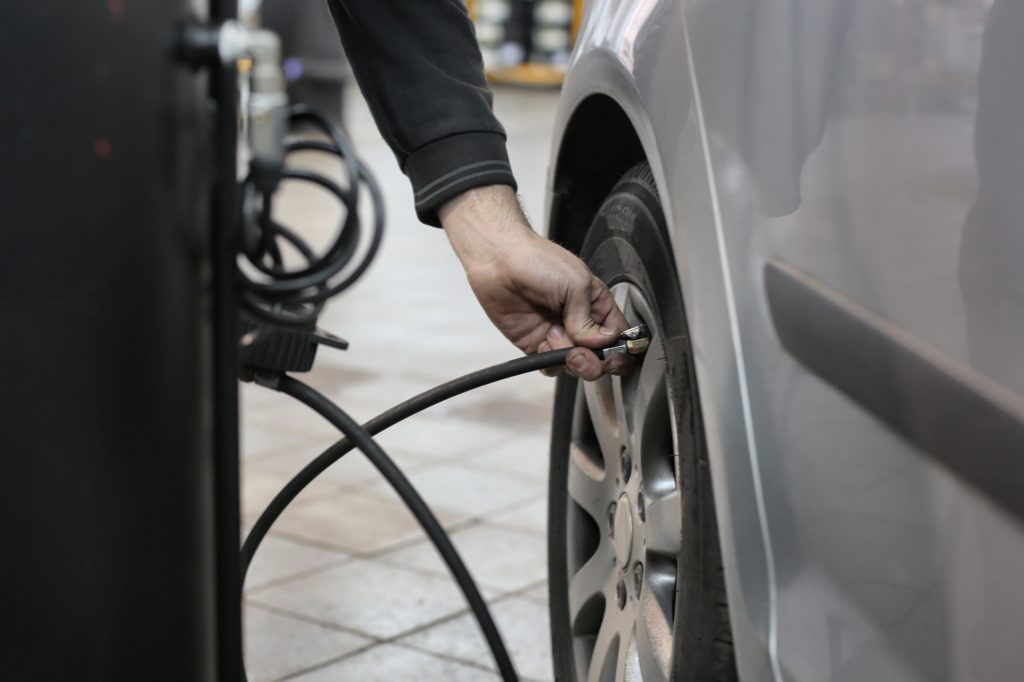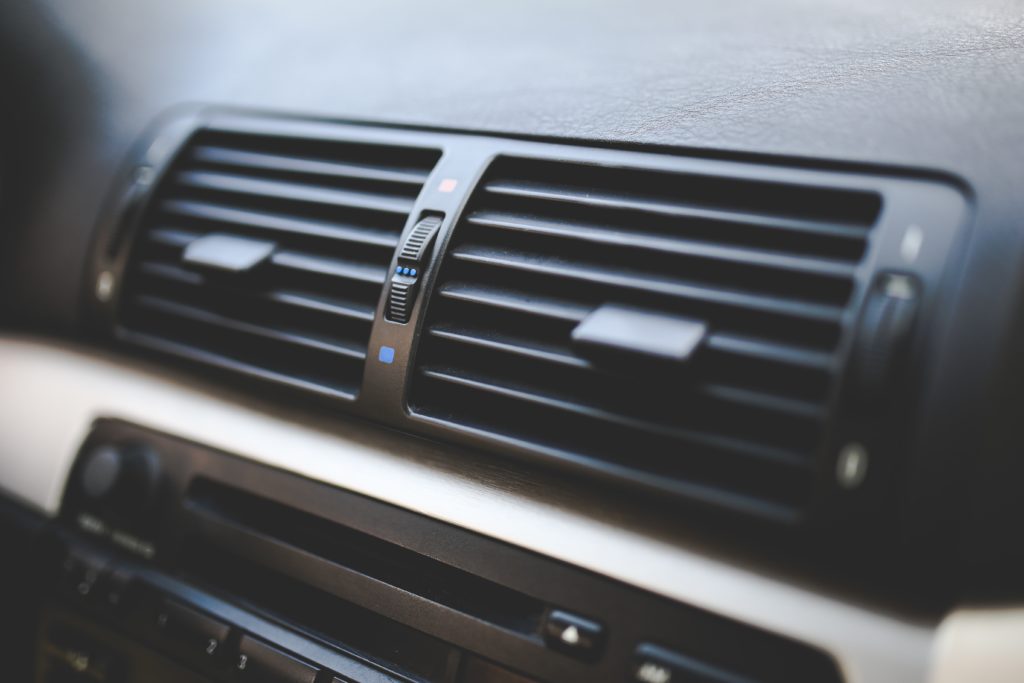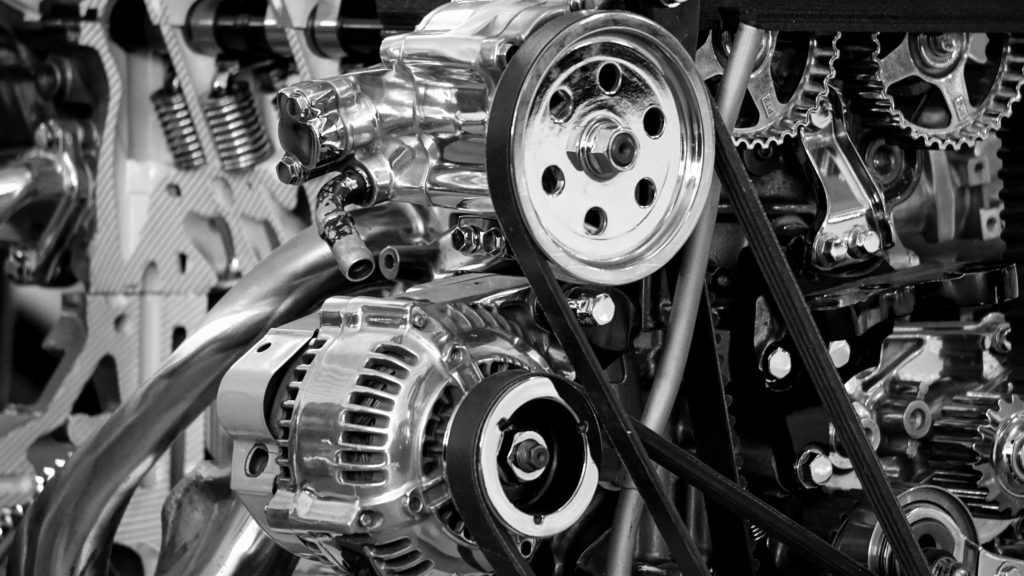The world as a whole is doing its bit for the environment, and so you should be too.
One of the UK’s largest contributors to climate change is unsurprisingly the amount of cars we have on the road, and companies with van fleets are a big part of this. While companies like Mercedes-Benz and Nissan are pioneering the new world of electric vans not everyone can afford to totally switch over to the green alternative just yet, and so must make sure their internal combustion fleet is as eco friendly as possible.
Today we are going to look at the 5 top tips we have for making sure your fleet is as green as possible. They’re all simple, and all save you money! So there’s no excuse not to be practising them as an everyday measure.
1. Weight

Now this may seem like a tricky point, especially if you run a courier service with your fleet, but removing the excess weight from your vehicle will mean less fuel is burned on every journey. If you have to carry large loads as part of your business then there will be no getting around that, but try saving weight elsewhere in the car. Things like toolkits, large jacks and even full sized spare wheels all add considerable weight to the overall payload of the vehicle. Replacing them with compact jacks and space-savers can be a simple and easy way to reduce the emissions of your vehicle. Even items belonging to the driver like spare boots and a large jacket add weight that needs to be moved, it may not make a big difference, but every little helps.
2. Tyres

Properly looking after your tyres is one of the easiest ways to keep your fleet’s environmental impact to a minimum. This is because of the simple principle that objects roll more efficiently with a higher surface tension, for example snooker balls are very hard and so roll very well, and an underinflated football will always provide more underwhelming results compared to one pumped to capacity. Your tyres are the exact same, and so regularly checking their pressures is vital to ensuring you are not wasting fuel dragging extra material over the road surface. Keeping your tyres at the proper pressure will also increase each of their lifespans, as the surface area of the tyre in contact with the abrasive road surface will be minimised at any one time.
3. Minimise the use of Air Conditioning

This is rich from us, we know. At Cool Running Rental all of our vans use scaled up air conditioning units to lower the temperature inside their storage bays, but we still say limit the use of aircon where you can. The reason for this is that air conditioning units use a large amount of electricity and this puts a bigger strain on the output of your vehicle’s engine. To compensate, it burns more fuel to meet the output. Next time you’re driving turn the aircon on and listen carefully to the engine, you will hear the revs ramp up perfectly in time with you pressing the A/C button. Now again, we’re not saying don’t use aircon at all, it’s there for a reason and should be used accordingly, but if the day isn’t all that warm, try driving with a window open and breathing fresh air instead. At lower urban speeds the amount of drag caused by having the window open will be negligible compared to the savings in fuel.
It is also incredibly important to make sure your aircon is properly serviced and functional. As with everything efficiency is key, and if part of your A/C system is singing out of tune then this will cause other elements to have to work harder to compensate, resulting in a greater fuel usage (and more than likely an underwhelming air conditioning output). Ensuring your system pressures and refrigerating gases are at the correct levels, and that the system is tuned well will make a noticable difference to your fuel usage.
4. Have your vehicle serviced regularly

There are a myriad of reasons to ensure your vehicles are serviced and maintained properly, but a very important one is the environmental impact your vehicle has. An engine is a finely tuned machine with an acceptable (and importantly regulated) output. Through use and abuse the engine may begin to break down however, meaning that it loses efficiency in key areas. This is completely normal, but it is very important to stay on top of.
A key example of something to monitor and regularly maintain is the oil levels and quality within the engine. As we all know an engine requires oil to run smoothly, but the oil will also need replacing after a certain number of miles. This is because as the oil ages it becomes thicker and more viscous causing it to act more and more like a gel than a fluid. In extremis this could lead to the flow of oil stopping altogether, as it is too thick to fit through the various tubes and apertures in the engine. The efficiency of oil is paramount to the overall efficiency and therefore output and emissions of the engine, and must be taken care of for this reason.
Engine cooling is also an important measure to check, as this is another big part of what keeps your engine running at its best. Ensuring that your coolant and radiator are working properly means that you don’t run the risk of your engine running too cold and wasting fuel, or too hot and eventually exploding. If you begin to notice your engine holding at a different temperature to normal (most likely the centre of your temperature gauge), then have it looked at by a professional as soon as possible to avoid long lasting damage and unnecessary environmental impact.
At Cool Running Rental, we service and clean all of our vans regularly to ensure that they are always running at peak performance. This means that we only put out the bare minimum emissions possible with our vans, but also that we aren’t often caught out with unexpected problems, as all of our vehicles are well looked after and maintained.
5. Driving style

Everyone is guilty of being in a rush sometimes, and this can cause us to employ the driving style normally reserved for racing drivers and criminals on the run. Excessive accelerating and braking may make you feel like you’re getting to your destination faster, but in actual fact it is just wasting fuel and pumping out more emissions, for the sake of a few extra minutes. This style of driving can also be dangerous in conditions where the road surface may not be quite as forgiving of your shortened braking distances. For all these reasons then it’s important that you drive responsibly and within the law. You may also find that a more relaxed driving style makes your journey feel altogether more enjoyable and less like a Grand Prix weekend.
If you follow these 5 tips, then you will find that not only your emissions will go down, but the amount of time between visits to the petrol pumps increase. Everyone should be doing their bit to minimise their impact on the air we breath, especially those of us who operate large fleets of commercial vehicles.




